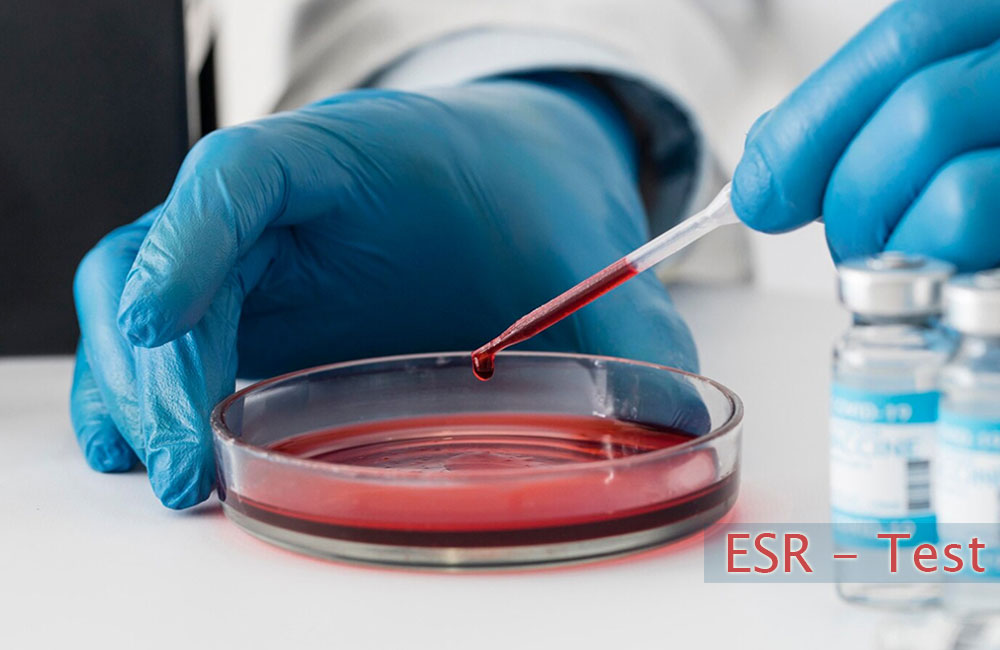
The erythrocyte sedimentation rate is known as ESR, which indicates how fast the red blood cells or erythrocytes settle inside a test tube. This test is used to check the presence of inflammation in your body. Inflammation usually results from an immune reaction due to infections and injuries. Some medical conditions also cause inflammation, such as autoimmune conditions and certain types of cancer. Read on to learn more about the test.
What is an ESR test?
An ESR test is often used in routine blood work, which measures the rate at which red blood cells settle inside the test tube. The rate at which red blood cells settle is called sedimentation and is measured over the course of an hour.
What are the purposes of an ESR test?
The main purpose of an ESR test is to check for inflammation in the body. This test helps to detect infections, autoimmune conditions, kidney diseases, blood disorders, and other medical conditions. If you have already been diagnosed with an autoimmune condition or infection, your doctor may also prescribe this test to check the progress of your condition.
When should you go for an ESR test?
Your doctor may prescribe you an ESR test if you are having signs or symptoms of a condition that causes inflammation. The symptoms may include:
Doctors generally prescribe an ESR test along with other tests, such as a complete blood count, metabolic panel, and arthritis test, to determine the health problem. You can go for a thyrocare blood test because it provides accurate test results.
You might also need this test if you have already been diagnosed with a condition to determine whether the treatment is working or not.
What happens during an ESR test?
An ESR test requires a small sample of your blood that is drawn from a vein in your hand. You are not required to fast before the test. However, make sure to consult with a doctor if you are taking any medication, because certain drugs may affect the test results.
There are usually no side effects from a blood test. However, one may experience slight bruising or pain in that particular area where blood has been collected. The bruising will go away on its own within a day or two.
What do the test results mean?
The ESR test results are reported as millimeters per hour (mm/h), which shows how fast the red blood cells fall down at the bottom of the test tube. As various factors, including age, sex, and other factors, can impact the erythrocyte sedimentation rate, there is no universal reference range for ESR.
The ESR test result is usually interpreted according to an individual’s current health status and symptoms, along with other test results. If your test result shows that your erythrocyte sedimentation rate is abnormally high, then it indicates that the red blood cells fell faster than usual. This may happen when the red blood cells have more protein with them, which causes the proteins to bind together. Many conditions can raise the ESR, especially conditions that cause inflammation, such as infections, arthritis, lupus, anemia, tissue injury, and some types of cancer.
If your test result shows ESR is abnormally low, then it might indicate conditions like heart diseases, red blood cell disorders, and some types of kidney and liver problems. You can easily find an ESR test in thyrocare.